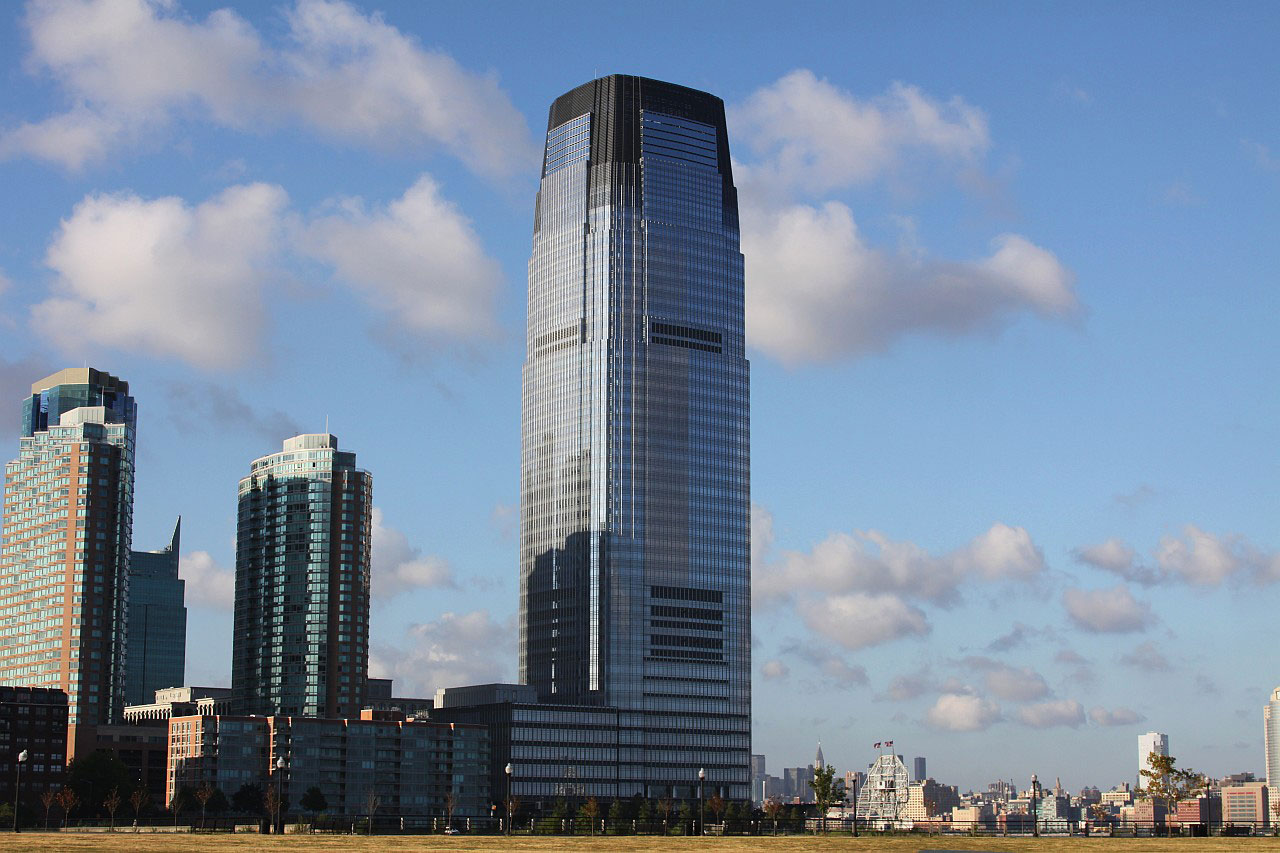Successfully Negotiating a Commercial Lease Agreement: Common Area Charges
March 27, 2013
 Negotiating a commercial lease involves agreeing on a variety of terms, each of which has a potentially substantial impact on your bottom line. One item that is an important consideration for many tenants and landlords is common area maintenance, or “CAM” charges. The landlord and tenant must negotiate what common area costs are tenants’ responsibilities and how those costs are allocated. Common areas, in this sense, may include parking lots, hallways, restrooms, roofs, sidewalks or an outdoor seating/picnic/park area, among others. Today, some leases include a wide spectrum of landlord operating costs within the umbrella of CAM charges.
Negotiating a commercial lease involves agreeing on a variety of terms, each of which has a potentially substantial impact on your bottom line. One item that is an important consideration for many tenants and landlords is common area maintenance, or “CAM” charges. The landlord and tenant must negotiate what common area costs are tenants’ responsibilities and how those costs are allocated. Common areas, in this sense, may include parking lots, hallways, restrooms, roofs, sidewalks or an outdoor seating/picnic/park area, among others. Today, some leases include a wide spectrum of landlord operating costs within the umbrella of CAM charges.
CAM charges can, in some circumstances, be as high as the rent itself. Tenants may negotiate for a cap or limit on CAM charges, and may also negotiate for the right to audit a landlord’s documents to assure itself that the asserted CAM charges are valid. In many leases, CAM charges are set on a pro rata basis. However, more landlords and tenants are simply negotiating for a fixed CAM charge instead of making tenants responsible for a set portion of actual expenses.
Careful and aggressive negotiation of CAM charges is essential for both landlords and tenants. The landlord will seek to include as many areas as possible within the lease’s definition of “common area,” while a tenant will endeavor to define the common area narrowly, covering only the parking and common areas its customers use. If the parties do not use a fixed CAM charge, the landlord, from its perspective, will seek to include all costs of ownership of the property in the CAM charge language, because without such language, the landlord risks having expenses with no interlocked revenue stream to cover those costs. The tenant meanwhile, will desire to narrow the CAM charge to just the costs of maintenance and operation, viewing other expenses as the “cost of doing business.”
Both tenants and landlords should enter the negotiation with a list of items they aim to negotiate expressly to ensure that a dispute over CAM charges does not arise later. For example, if the landlord replaces the property’s roof or parking lot, what obligation does that trigger for the tenant? What if another tenant’s space suffers damage? Does the tenant have any CAM obligations for fines incurred by the landlord for violations? If the CAM charge involves real estate taxes, what rights and responsibilities does the tenant have with regard to a potential tax appeal?
Additionally, the landlord and tenant should ensure they have a clear agreement regarding how to calculate the tenant’s pro-rata share. Does the ratio result from the tenant’s space as compared to the total rentable area of the property, or just the area of rented space in the property?
The key with each of these issues is to ensure that you and your tenant discuss these issues, negotiate them completely and that both parties understand the terms of the negotiated agreement fully. Another key is to ensure that you are working with a legal advisor who is experienced and knowledgeable in the area of commercial leasing. To help you negotiate a lease agreement that meets your business needs, contact the real estate attorneys at Samuel C. Berger, P.C. Our New Jersey real estate attorneys can provide you with the skilled representation to get you the best terms possible. Contact us online or call (201) 587-1500 or (212) 380-8117.
Blog Posts:
Business Owners Would Be Wise to Remain Mindful of the Cost of Excessive Accumulated Earnings, New York & New Jersey CPA Tax Lawyer Blog, March 29, 2013
Bipartisan Proposal for Comprehensive Immigration Reform Includes New Employment-Based Green Card Opportunities, New York & New Jersey Immigration Lawyer Blog, Feb. 7 2012
 Hackensack, New Jersey Commercial Lease Negotiation Lawyer Samuel C Berger, PC Home
Hackensack, New Jersey Commercial Lease Negotiation Lawyer Samuel C Berger, PC Home



